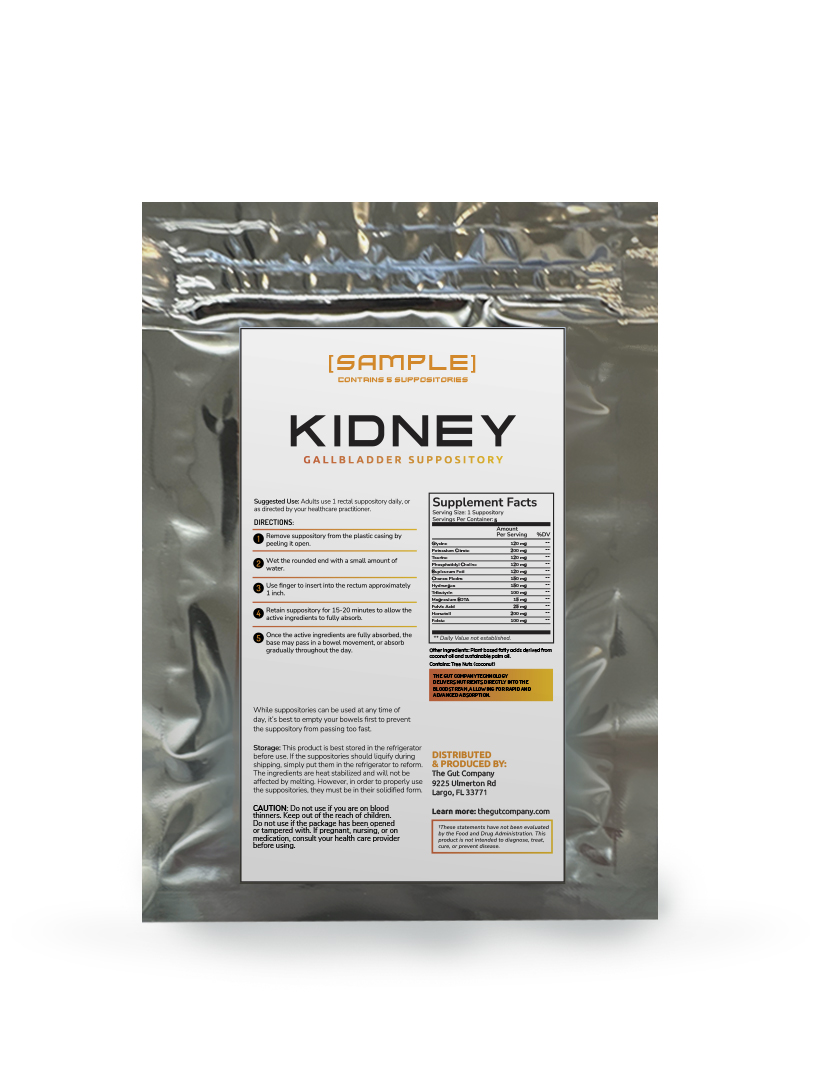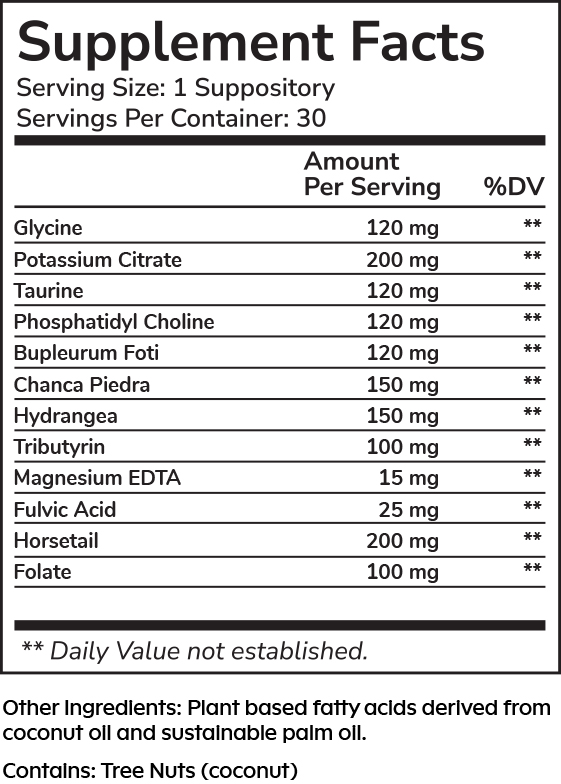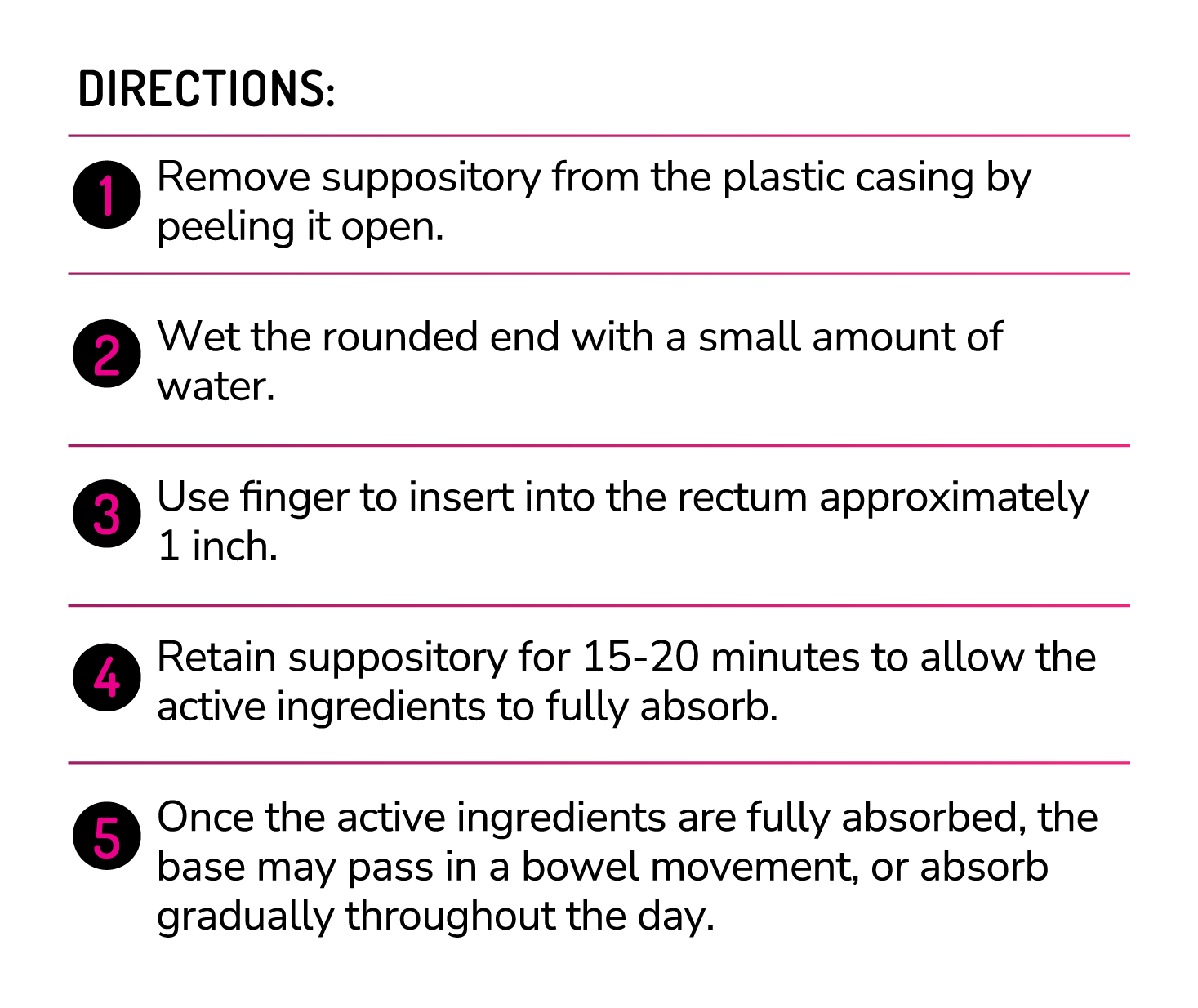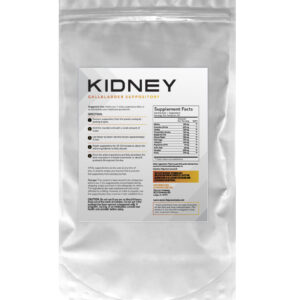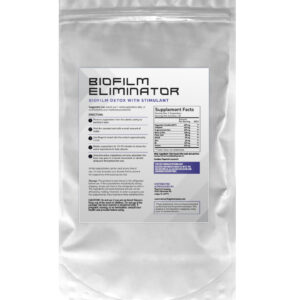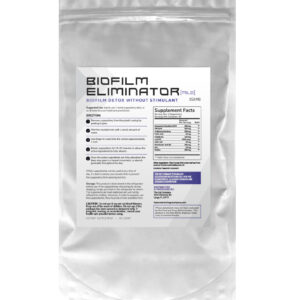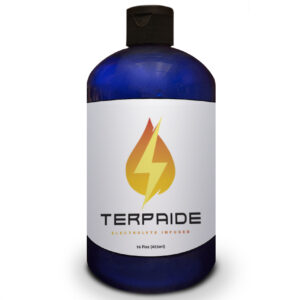Kidney Gallblader Detox Suppository (Sample Pack)
$50.00
Introducing the Kidney & Gallbladder Detox Suppository, the all-natural solution to help cleanse and detoxify your body. Made with a unique blend of herbs and minerals, this suppository is specifically designed to support the health of your kidneys and gallbladder. Simply insert the suppository before bed and let it work while you sleep. With regular use, you may experience improved kidney and gallbladder function, increased energy levels, and overall better health. Give your body the detox it deserves with the Kidney & Gallbladder Detox Suppository.
How Suppositories Work
Rectal suppositories are a way of delivering compounds into the body through the rectum. They consist of different nutritional compounds, such as amino acids, and a plant based fatty acid base. They are inserted into the rectum, where they dissolve and the ingredients are absorbed directly into the body. The vascular colon allows the ingredients to be absorbed directly into the bloodstream. The best part about suppositories is that absorption takes place within 20 minutes.
GLYCINE
Clinical results have shown that glycine may significantly reduce the formation and removal of calcium crystals and kidney stone congestion and formation. An abnormal urine composition is a key reason for kidney stone formation, but little is known about the roles of small metabolites in the urine during kidney stone formation. Here, we found urine glycine in patients with kidney calcium oxalate (CaOx) stone was significantly lower than that in healthy people via 1H NMR spectra detection, and investigated the role and underlying mechanism of glycine in the regulation of CaOx stone formation. Our results showed that glycine could significantly attenuate ethylene glycol-induced CaOx crystal depositions in rat kidney via decreasing urine oxalate and increasing urine citrate. Mechanism studies revealed that glycine could decrease urine oxalate through down-regulating Slc26a6 expression, whereas increase urine citrate via inhibiting Nadc1 expression. https://onlinelibrary.wiley.com/doi/10.1002/jcp.30370
POTASSIUM CITRATE
is used to treat a kidney stone condition called renal tubular acidosis. It is also used to prevent kidney stones that may occur with gout. Potassium citrate is a urinary alkalinizer. It works by making the urine more alkaline (less acid). Your doctor may prescribe potassium citrate to help prevent kidney stones from growing larger or returning. Potassium citrate can also be used to help dissolve and prevent uric acid kidney stones.
TAURINE
Taurine is an antioxidant that plays a protective role in the pathogenesis of kidney disease. Previous studies found that taurine suppressed cellular oxidative stress, and inhibited autophagy activation. However, the effect of taurine on CaOx kidney stone formation remains unknown.
Dark cola beverages, artificial fruit punch, and sweet tea are the top drinks that contribute to kidney stones. This is because these beverages contain higher amounts of fructose or phosphoric acid, which are ultimately known to contribute to kidney stones.
Taurine participates in a number of different physiologic and biologic processes in the kidney, often reflected by urinary excretion patterns. The kidney is key to aspects of taurine body pool size and homeostasis.
In addition, taurine plays a role in the renal cell cycle and apoptosis, and functions as an osmolyte during the stress response. The role of the kidney in adaptation to variations in dietary taurine intake and the regulation of taurine body pool size are described. Finally, the protective function of taurine against several kidney diseases is reviewed.https://www.ncbi.nlm.nih.gov/pmc/articles/PMC2994373/
PHOSPHATIDYL CHOLINE
The majority of people do not meet the dietary requirements for choline, particularly those on vegetarian or vegan diets and pregnant or lactating mothers. https://www.ncbi.nlm.nih.gov/pmc/articles/PMC7468957/
The major function of phosphatydyl choline in the gut microbiota is to help in the harvesting of nutrients and energy from our diet. Moreover, it participates in the development of a host’s immune system, brain, and behavior; protects against pathogens; and is a factory of bioactive compounds [29,30]. Great for heart, circulation and energy.
BUPLERUM or FOTI
Bupleurum is an important herb used in traditional Chinese and Japanese medicine. It is frequently prescribed in combination with other herbs to treat colds, fever, malaria, digestive disorders, chronic liver diseases, and depression.Bupleurum is a genus of mostly perennial herbs that are often used in traditional Chinese medicine (TCM). It’s native to East Asia, comprising nearly 200 species in total — of which Bupleurum chinense is one (3Trusted Source Its roots are often dried, ground into a powder, and encapsulated. You may also find bupleurum as part of a blend of herbs that claims to cleanse the liver.
Chanca Piedra
Taking Chanca Piedra seems to help clear some kidney stones. But which people are most likely to benefit from taking Chanca Piedra is unclear. It’s possible that differences in disease severity, location of kidney stones, and the dose or form of Chanca Piedra used may affect how well it works for each person. Chanca Piedra is an herb that grows in tropical areas, like the rainforests of South America. Its scientific name is Phyllanthus niruri.
It also goes by a number of other names, such as:
- stone breaker
- gale-of-the-wind
- seed-under-leaf
- quebra pedra
- shatter stone
- chance pierre
As a supplement, Chanca Piedra is reported to help with a variety of conditions related to the digestive system, liver, and kidneys. Chanca Piedra is best known as a potential kidney stone cure — which is how it earned the name “stone breaker.” Chanca Piedra extract can kill the bacterium that causes stomach ulcers from Helicobacter pylori in test-tube studies. However, this doesn’t necessarily translate to an oral supplement being effective against stomach ulcers in humans (5Trusted Source, 6Trusted Source).
HYDRANGEA
Hydrangea root has been used for hundreds of years to treat urinary conditions like prostate and bladder infections, enlarged prostate, and kidney and bladder stones. However, test-tube and animal research only back up its use as a possible way to protect your kidneys from injury. The chemicals in hydrangea may cause increased urine output, which could help some urinary tract problems.
MAGNESIUM di-potassium EDTA
Chelating agents are well known organic compounds that are capable of forming complexes of multivalent metal ions. Chelation therapy, involving the administration of EDTA (ethylene diamine tetraacetic acid) complexes for removing arterial calcium plaque, or for removing heavy metals such as lead has been extensively employed. For example, EDTA has been used to remove high levels of lead from the bloodstream of those who have been exposed to lead paint. Intravenous injection of chelators has been widely used for the treatment of atherosclerosis. Intravenous administration may take several hours per session, and several sessions per month for many months. Such a treatment schedule is inconvenient to the patient and health care provider.
Oral chelation therapy is also well known as a more convenient method. However, when administered orally, a very low percentage of the EDTA complex is actually absorbed by the bloodstream.
It is known that EDTA may be administered in a suppository form.The present invention provides an alternative to the intravenous injection or oral formulation of EDTA chelating agents. A method of administering EDTA complexes includes forming a suppository containing a magnesium di-potassium EDTA complex.The suppository may also contain a controlled-release agent, which, when used, will release the complex over a period of several hours.
Magnesium suppresses the sympathetic system and potassium stimulates the parasympathetic system. Thus the complex of the suppository may lower blood pressure, pulse and coronary blood flow. The magnesium di-potassium EDTA complex can also be used as a form of magnesium or potassium supplementation.
A magnesium di-potassium EDTA complex as described can also be administered orally to supplement magnesium and potassium levels. The complex also can be administered orally to treat arterial plaque and heavy metal toxicity.
TRIBUTYRIN
Tributyrin is a key component, in the gut microbiome, for the absorption and excretion of toxic chemicals. It is an essential cornerstone in the balance of the gut during detoxification.
FULVIC ACID
Although being made prior to the discovery and naming of fulvic acid, the late Dr. Clyde Sandgrin publicly stated: “If I had to choose between the liquid mineral and electricity, electricity would have to go.” Reported benefits are little short of astonishing. For internal use they are:
- Increased energy
- Alleviates anemia
- Chelates body toxins
- Reduces high blood pressure
- Potentates vitamin & mineral supplements
- Magnifies the effect of herbal teas and tinctures Chelates all monovalent and divalent metals
- Is a powerful natural electrolyte
- Restores electrochemical balance
- Stimulates body enzyme systems
- Helps rebuild the immune system
- Reported external beneficial use in:
- Treating open wounds
- Healing burns with minimum pain or scarring
- Eliminating discoloration due to skin bruises
- Killing pathogens responsible for athlete’s foot
- Acting as a wide spectrum anti-microbial and fungicide Treating rashes and skin irritations
- Helping to heal cuts and abrasions
- Helping heal insect bites and spider bites
- Neutralizing poison ivy and poison oak
Being a bio-available chelated molecule that can “also” chelate, fulvic acid wears the white hat. As a refiner and transporter of organic minerals and other cell nutrients, it has the ability to turn bad guys into good guys by chelating and humanizing free radicals. Depending upon the chemical makeup of the free radical, they can be incorporated into and become a part of life sustaining bio-available nutrients. They may become an asset instead of a liability. In the event that the chemical makeup of the free radical is of no particular benefit, it is chelated, mobilized, and carried out of the body as a waste product.
Fulvic Acid We have found that fulvic acid is a powerful, natural electrolyte that can act as an acceptor or as a donor in the creation of electrochemical balance. If it encounters free radicals with unpaired positive electrons it supplies an equal and opposite negative charge to neutralize the bad effects of the free radicals. Likewise, if the free radicals carry a negative charge, the fulvic acid molecule can supply positive unpaired electrons to nullify that charge.
ZINC GLYCINATE
Zinc is considered an essential trace element for humans, and zinc deficiency has been linked to adverse outcomes in kidney disease. Supplementation with zinc may improve the nutritional status of maintenance haemodialysis (MHD) patients, according to researchers.
Zinc (Zn) is an important element in human body and in the last period of time there were a lot of studies regarding its importance. It is significant for the good working of many organs. A special attention was given to the importance of the serum Zn in patients with renal failure. Among the micronutrients, zinc may rank with iron with regard to its importance for public health. https://www.ncbi.nlm.nih.gov/pmc/articles/PMC6880204/
Palm oil benefits kidney gallbladder
It is very rich in monounsaturated fats (MUFAs), which may improve your cholesterol level and decrease your chances for heart disease. This oil is also a healthy choice for people with kidney disease; 1 tablespoon has less than 1 mg sodium, less than 1 mg potassium, and 0 mg of phosphorus.

